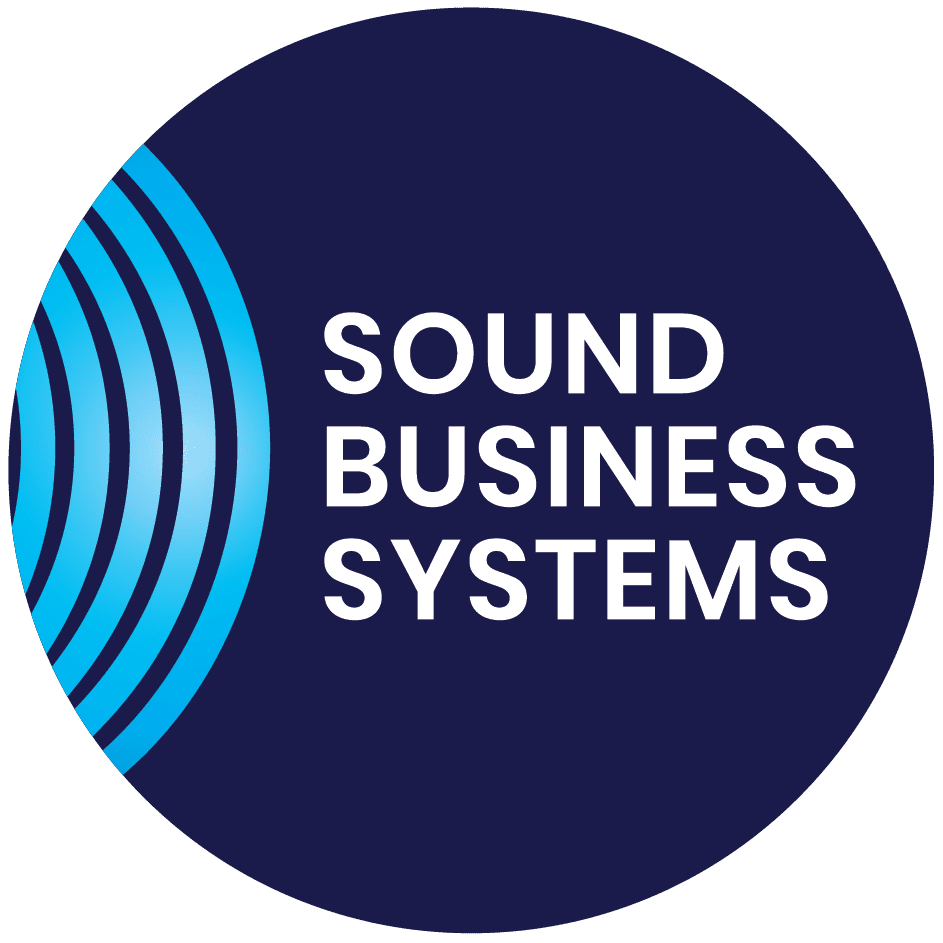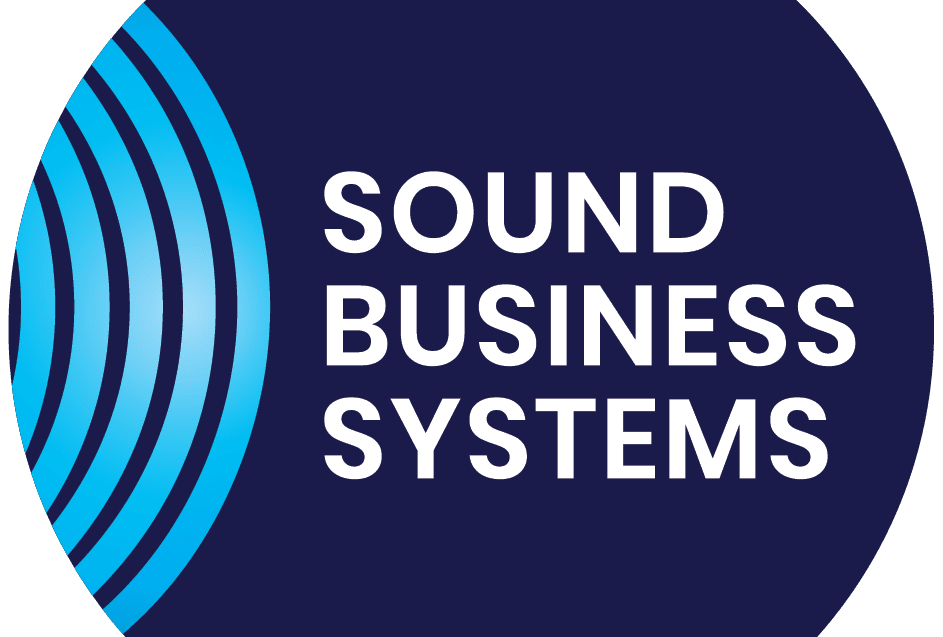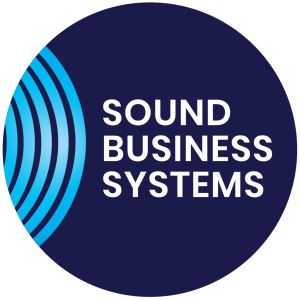
Te Whatu Ora’s new National Data Platform

Share this article:
Facebook
LinkedIn
Twitter
Email
Te Whatu Ora initiative has partnered with major US tech firms, Microsoft and Amazon Web Services (AWS), to drive a crucial healthcare data project. The $4.5 million hybrid multi-cloud project is poised to serve as a foundation for a digital transformation in the New Zealand healthcare sector.
With setting up the National Data Platform (NDP), Te Whatu Ora will take a major step towards enhancing data management and sharing within the health system. The NDP aims to consolidate information from over 28 entities in the previous health system, providing a nationally consistent information hub.
The new platform will offer modern, secure, and automated technologies to access health datasets for analytics and reporting, enabling tracking of the health system’s performance and areas for improvement.
This new National Data Platform will address existing data environment challenges where data quality, consistency, and accessibility vary. It will facilitate researchers and planners with access to a wide range of “analytics-ready” information in one location, streamlining the process and reducing costs.
New Zealand needs a reliable hybrid multi-cloud platform for health services
Stuart Bloomfield, Te Whatu Ora’s integration and delivery director, underlines the importance of an advanced and reliable hybrid multi-cloud platform. He stresses that this platform is indispensable for modern health services, especially considering the complexity of hospital operations that require multiple interconnected software systems.
Nevertheless, the move to foreign-owned data centers, primarily managed by tech giants like Amazon and Microsoft, raises concerns about data sovereignty and jurisdiction. The issue of data sovereignty is complicated by free trade deals, making it challenging for the government to restrict the movement of personal information out of the country.
With the implementation of this national cloud-based data platform New Zealand’s healthcare system will undergo a significant transformation. The use of advanced cloud platforms is seen as the key to modernizing and enhancing healthcare, with a focus on agility and scalability. However, the shift to foreign-owned data centers presents challenges related to data sovereignty and legal jurisdiction, as well as the evolving landscape of international agreements.
While the selection of major tech firms like Microsoft and Amazon Web Services was based on their scale, security, and robustness, it’s important to note that local providers still have essential roles in areas like testing, design, advice, and support.
New Zealand’s healthcare system really is at a turning point, embracing technological advancements for improved services and performance, but with a vigilant eye on data sovereignty and international implications.
This demonstrates the necessity for legislation to evolve alongside technological advancements. What was considered unthinkable only a few years ago is now evaluated as an essential and forward-looking measure.
The New Zealand Health Information Privacy Code
The New Zealand Health Information Privacy Code 2020 code regulates how health agencies (such as doctors, nurses, pharmacists, health insurers, hospitals, Primary Health Organisations, ACC and the Ministry of Health) collect, hold, use and disclose health information about identifiable individuals.
Rule 5 of the Code requires health agencies to take ‘reasonable security safeguards’ to protect health information. This means keeping the information safe from loss, as well as from unauthorised access, use, modification or disclosure.
Healthcare providers and agencies need to keep this in mind when considering new software tools, especially when they are cloud-based. Dragon Medical One speech recognition for example doesn’t store any data and complies with the Health Information Privacy Code.
Is your clinical team ready to leverage an innovative, proven and compliant tool to provide clinicians with the necessary resources to effectively manage their workloads?
Contact our team for a free demo and a free trial of Dragon Medical One speech recognition to see how it will streamline your medical practice!
Find out how speech-to-text technology and digital dictation will help you work smarter.
Categories
- Dictation Equipment (7)
- Digital Dictation (16)
- Dragon Medical One (4)
- Dragon Naturally Speaking (20)
- Dragon Speech Recognition (41)
- Health Tech (8)
- How To? (2)
- Lecture/Conference Recorders (1)
- Legal Tech (5)
- News (13)
- Opinion (10)
- Philips SpeechLive (11)
- Software Updates (14)
- Uncategorized (7)
- Winscribe Digital Dictation (7)
Follow us:
Most Popular

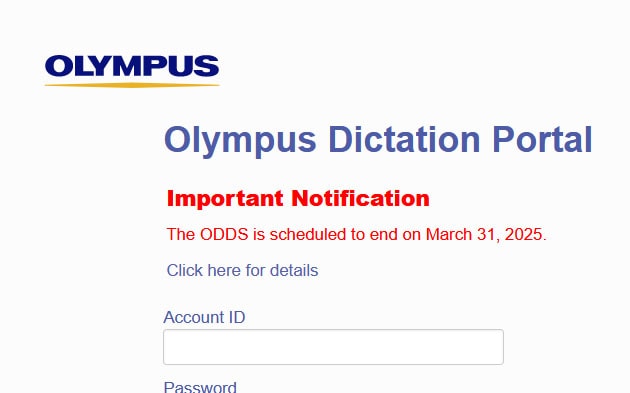
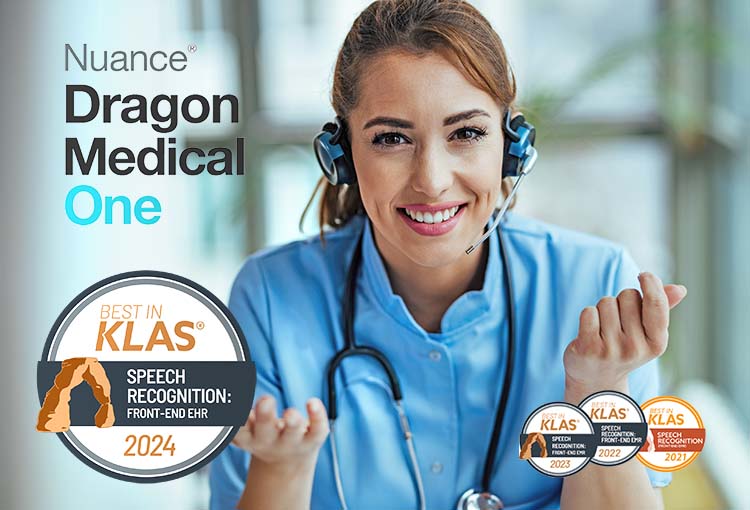
Dragon Medical One ranks #1 Best in Klas for 4 consecutive years!
February 21, 2024
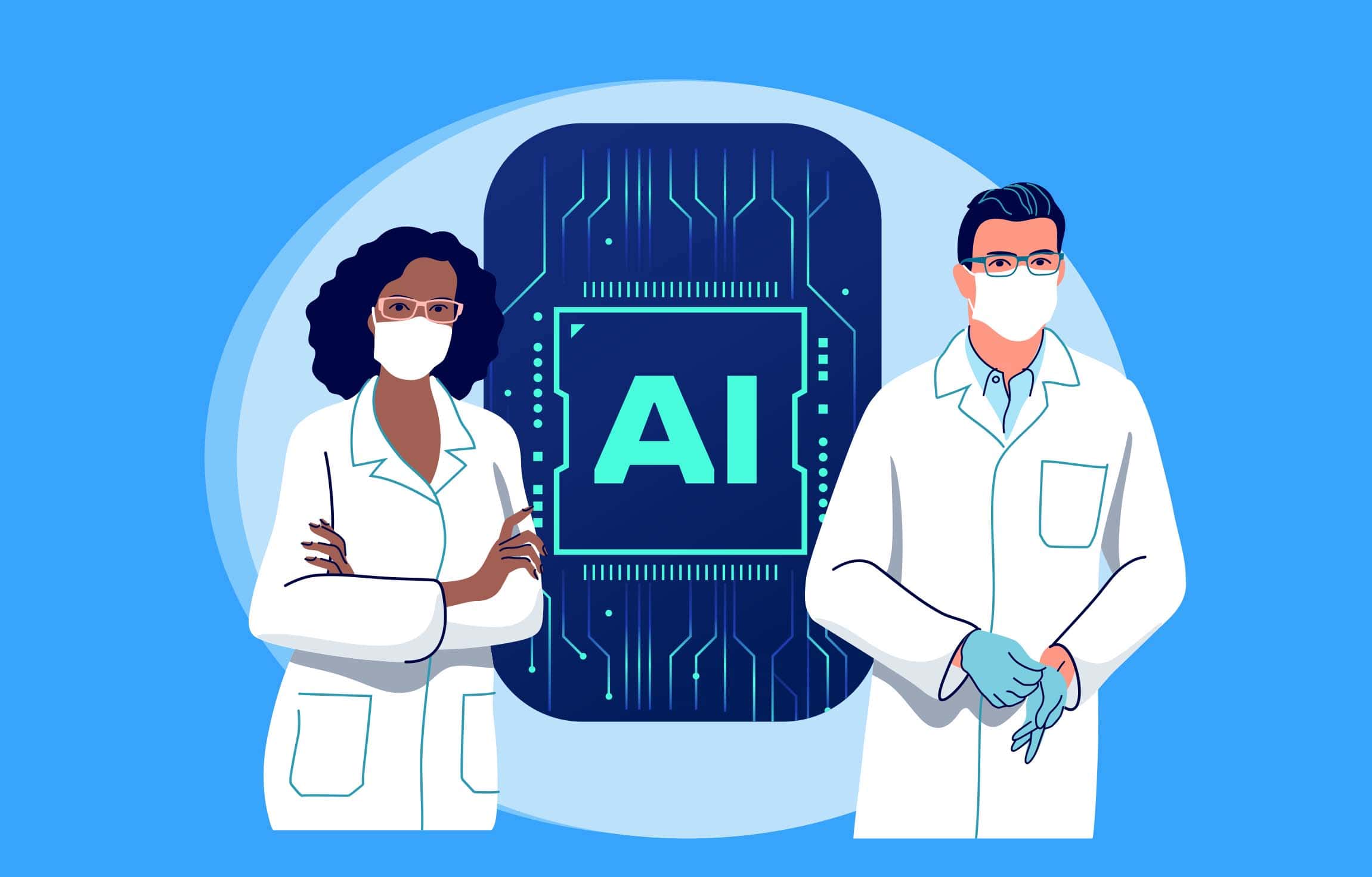
How AI Can Help Us Navigate the NZ Healthcare Workforce Crisis
January 24, 2024
Also interesting for you:
.
Categories
Contact Us
- Phone
-
3/62 Paul Matthews Road,
Rosedale, Auckland 0632 -
PO Box 303161,
North Harbour, Auckland 0751
- Hours of Operation
- Monday - Friday, 8.30am - 5pm
Contact Us
- Phone
-
3/62 Paul Matthews Road,
Rosedale, Auckland 0632 -
PO Box 303161,
North Harbour, Auckland 0751
- Hours of Operation
- Monday - Friday, 8.30am - 5pm
